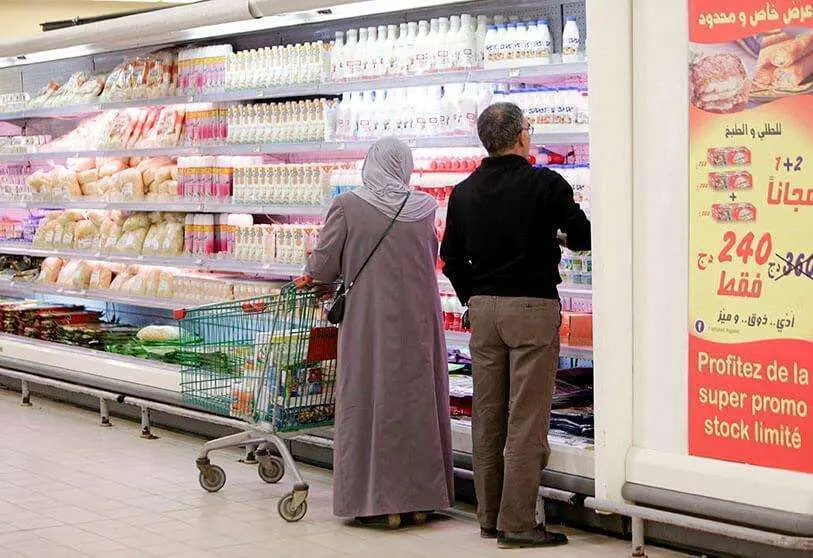Algeria's food queues provoke public fury on social media

The month of Ramadan is a period of fasting and prayer for Muslims. In Algeria, many people flock to supermarkets to buy basic foodstuffs before the start of the month. This has led to long queues in several cities, sparking controversy. The Algerian authorities have repeatedly announced that there is enough food available on the market to meet demand and that the government is working to ensure equitable distribution. Humanitarian aid organisations are also working to provide food to the most vulnerable people during Ramadan.
However, many Algerians have expressed concern that food will be scarce during the month, and have flocked to supermarkets in large numbers to buy the food they need. This has generated a large number of images and videos that have been shared on social media. Algerians are hoping that the government will be able to meet the demand for food during Ramadan and that food prices will not be affected by the shortages, the authorities are already working to address the problem and ensure the availability of food at reasonable prices during the month.
Situation terrible en algerie !
— Samarkand (@Samarkandy1) March 3, 2023
Des milliers de personnes dans les rues face aux dépots de farine.
On aperçoit les défilés de file d'attente.
Les algeriens tentent de masquer la situation mais c'est trop visible, le régime algerien conduit l'algerie?? vers la faillite économique. pic.twitter.com/2RUhAlVXAQ
The Algerian government has established a programme to combat shortages of subsidised staples such as milk, flour and oil and their excessive prices by providing basic foodstuffs at lower prices in local markets, although this has not been enough to stem popular discontent. In addition, the government has sought to encourage agriculture, agribusiness and local food production to supply the population.
Last month, Algeria's Trade Minister Kamal Rizik announced that the authorities would ensure a regular supply of basic materials during the month of Ramadan. This is because Ramadan is an important period of time for Muslims, during which supplies of food and other goods are expected to be sufficient to meet the needs of the population. Minister Rizik assured that the authorities are committed to ensuring that Algerians receive what is necessary to meet their needs during the month of Ramadan, also adding that the control staff is ready "to ensure the stability of prices of regulated materials, and to address the unfair practices of some traders in applying illegal prices to some products such as bread, sugar, oil and subsidised milk''. In addition, he stressed that he had taken a series of measures to control the supply of vegetables, fruits, meat and subsidised milk to the market.

On the other hand, the need to promote wholesale vegetable and fruit markets to provide consumers with fresh, safe and nutritious produce was highlighted. He suggested that sanitary and quality standards be established and that the use of new technologies to improve food safety be encouraged. A number of measures have been proposed to reduce the cost of transporting and storing produce, in addition to improving infrastructure in wholesale markets to facilitate trade. To achieve this goal, the government has launched a number of initiatives to improve agricultural development, such as increasing investment in infrastructure, modernising irrigation systems and promoting new technologies. In addition, training programmes are being implemented to improve the quality of life of farmers and to encourage women's participation in the sector. These measures are expected to contribute to achieving the goals of food self-sufficiency by 2025.
President Abdelmadjid Tebboune said: "We are on the verge of achieving food independence. All that remains is to increase production of certain vegetables to achieve self-sufficiency by 2025".

Various media reports suggest that the Algerian government has manipulated agricultural production data to reassure citizens in the month of Ramadan, when demand for basic consumer goods increases. This manipulation has initially occurred through the use of positive marketing indicators, such as the exaggeration of figures related to the growth of economic sectors and inflation. This manipulation of data has resulted in citizens not receiving correct information about the food security problems facing the country.
However, the Algerian president has accused "marauders" of portraying the country in a dark light and claiming that there are food shortages in the shops. Similarly, he warned against rumours and discourses of desperation created by parties in an attempt to sow mistrust among citizens.








